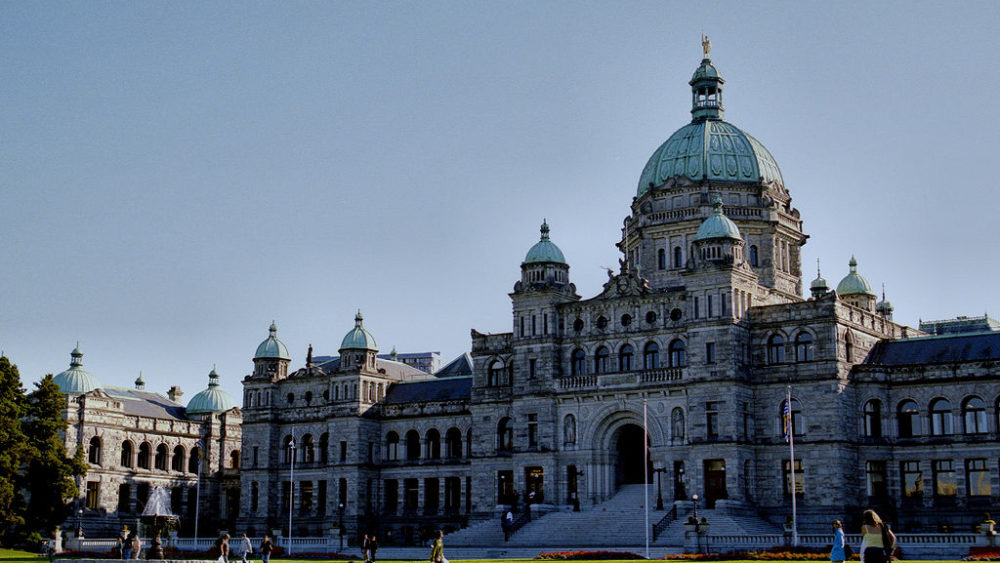
British Columbia Legislature
British Columbia’s Office of the Registrar issued a guidance document for organizations last month. This in anticipation of the changes to the province’s lobbying laws taking effect on May 4. The guidance document provides an overview for organizations with in-house […]
British Columbia’s Office of the Registrar issued a guidance document for organizations last month.
This in anticipation of the changes to the province’s lobbying laws taking effect on May 4.
The guidance document provides an overview for organizations with in-house lobbyists under the Lobbyists Transparency Act.
Beginning on May 4, the time threshold for requiring in-house lobbyists to register is reduced from 100 hours to 50 hours in the preceding 12-month period.
Time spent preparing to lobby, researching and writing reports, and strategizing would be included in calculating the time threshold required for registration.
However, activities predating a decision to lobbying would “likely not be included in the calculation,” according to the published guidance.
Organizations that are not member-based or that do not have a primary purpose to promote or oppose issues may qualify for the exception.
This is only if the organizations have fewer than six employees and the lobbying activities add up to fewer than 50 hours in the preceding 12-month period.
Examples of organizations unlikely to qualify for the exemption are unions and chambers of commerce.
Presently, a new online Lobbyists Registry is in development to replace the current Lobbyists Registry.
This registry is scheduled to launch on May 4, 2020.
60 days
 A court in British Columbia has ruled the province cannot restrict election spending in the 60 days leading up to an official election call.
A court in British Columbia has ruled the province cannot restrict election spending in the 60 days leading up to an official election call.
In British Columbia Teachers’ Federation v. British Columbia (Attorney General), the British Columbia Court of Appeal panel upheld a lower court ruling finding portions of Election Act sections 235.1 and 228 are unconstitutional, and are of no force and effect insofar as they relate to the pre-campaign period as defined in the Act. Therefore, the court affirmed the British Columbia Attorney General cannot restrict election spending in the pre-campaign period 60 days before the election period begins.
Election advertising preceding a 28-day campaign period is considered a “pre-campaign” period. In the decision Justice Catherine Anne Ryan wrote, “[R]estricting third-party advertising during the pre-campaign period would unjustifiably interfere with third parties’ issue advocacy, lobbying activity, and other advertising endeavours unrelated to the election.”
State and Federal Communications, Inc. provides research and consulting services for government relations professionals on lobbying laws, procurement lobbying laws, political contribution laws in the United States and Canada. Learn more by visiting stateandfed.com.

